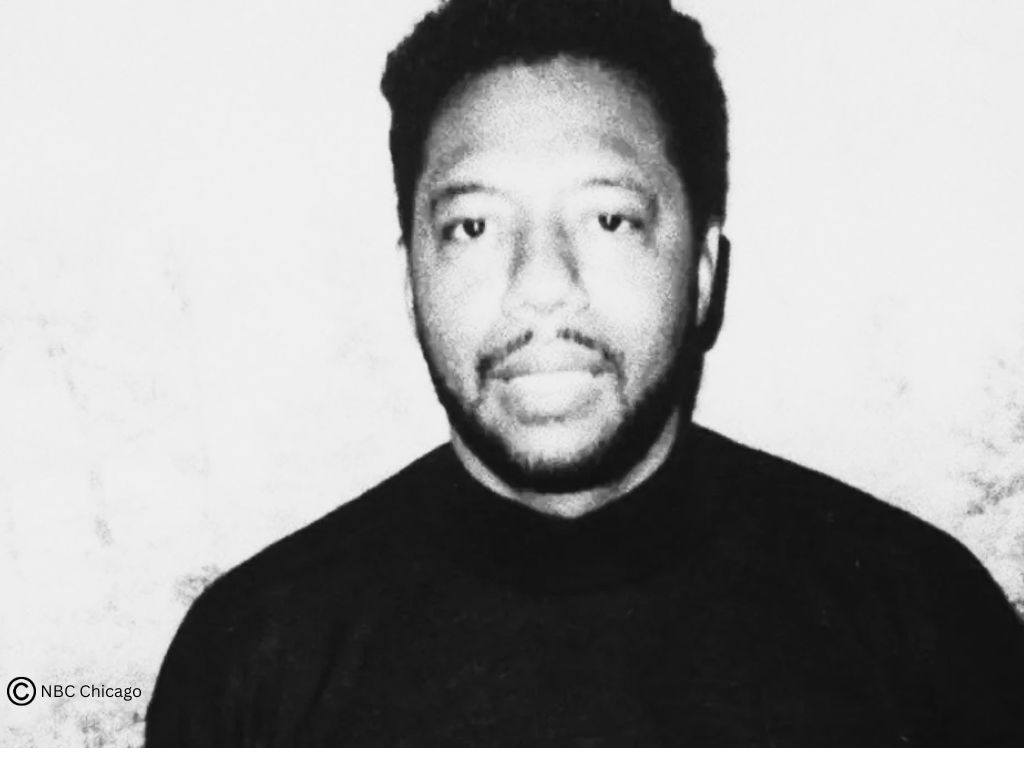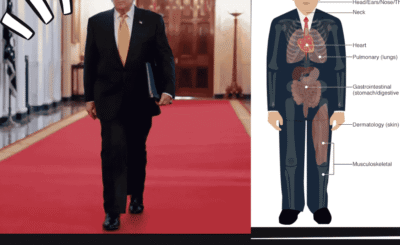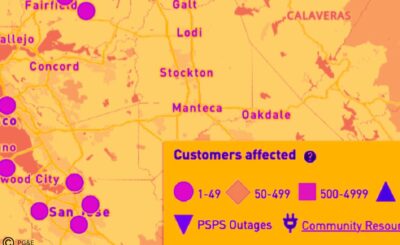Larry Hoover is a well-known figure in the history of American street gangs. Born on November 30, 1950, in Jackson, Mississippi, he moved to Chicago with his family at a young age. In his early years, he became involved in gang life and eventually rose to lead the Gangster Disciples, one of the most powerful and influential street gangs in Chicago and across the United States.
Hoover’s story is a mix of power, controversy, and transformation. In the 1970s, he was convicted of ordering the murder of a man he believed had stolen money from his gang. He was sentenced to 150–200 years in prison. Despite being behind bars, authorities believe he continued to run the gang from prison for decades — a claim that has sparked intense debate.
When was Larry Hoover Sentenced?
Larry Hoover was first sentenced in 1973. He received 150 to 200 years in prison for ordering the 1973 murder of William “Pooky” Young, a 19-year-old drug dealer in Chicago. Hoover and an associate were found guilty of orchestrating Young’s kidnapping and murder, allegedly for stealing from the Gangster Disciples.
Then, in the 1990s, while already incarcerated, Hoover faced federal charges under the RICO Act (Racketeer Influenced and Corrupt Organizations Act). Investigators claimed he was still running a massive criminal enterprise from prison, involving drug trafficking, extortion, and other crimes. In 1997, he was convicted again and received six life sentences in federal court. Shortly afterward, he was transferred to the ADX Florence supermax prison in Colorado, where he remains today.
Why did President Trump Pardon Larry Hoover?
The exact reasons behind Trump’s decision haven’t been officially detailed, but several factors likely played a role:
Claims of Rehabilitation: Hoover’s legal team argued that he had reformed during his decades in prison, distancing himself from gang activity and promoting peace.
High-Profile Advocacy: Celebrities like Kanye West and Drake publicly supported Hoover’s release. In 2021, they held a “Free Larry Hoover” benefit concert to raise awareness about his case and broader issues of criminal justice reform.
First Step Act: Hoover previously sought relief under the First Step Act, a law aimed at reducing sentences for certain federal inmates. Although courts denied his requests, Trump may have viewed clemency as a way to bypass those legal hurdles.
Pattern of Controversial Clemencies: Trump’s clemency decisions often favored individuals with political connections or those who had garnered public attention. Hoover’s case fits this pattern, as Trump also granted clemency to other high-profile figures around the same time.
Pattern of Controversial Clemencies: Trump’s clemency decisions often favored individuals with political connections or those who had garnered public attention. Hoover’s case fits this pattern, as Trump also granted clemency to other high-profile figures around the same time.
How Many More Gangsters Has Donald Trump Freed?
1. Larry Hoover
Co-founder of the Gangster Disciples, Hoover was serving multiple life sentences for murder and running a criminal enterprise. In May 2025, Trump commuted his federal sentences, though Hoover remains incarcerated under a 150- to 200-year state sentence for a 1973 murder.
2. Michael “Harry-O” Harris
A former drug kingpin and co-founder of Death Row Records, Harris was serving a 28-year sentence for drug trafficking and attempted murder. Trump granted him clemency in January 2021, following advocacy from figures like Snoop Dogg.
3. Jon Ponder
A former bank robber who founded the “Hope for Prisoners” reentry program, Ponder was pardoned by Trump during the 2020 Republican National Convention, highlighting his rehabilitation efforts.
4. Ross Ulbricht
Founder of the Silk Road darknet marketplace, Ulbricht was serving a life sentence for drug trafficking and money laundering. Trump granted him a full and unconditional pardon in 2025, a decision supported by criminal justice reform advocate Alice Marie Johnson.
These actions reflect Trump’s broader approach to clemency, often influenced by high-profile advocacy and media attention.



